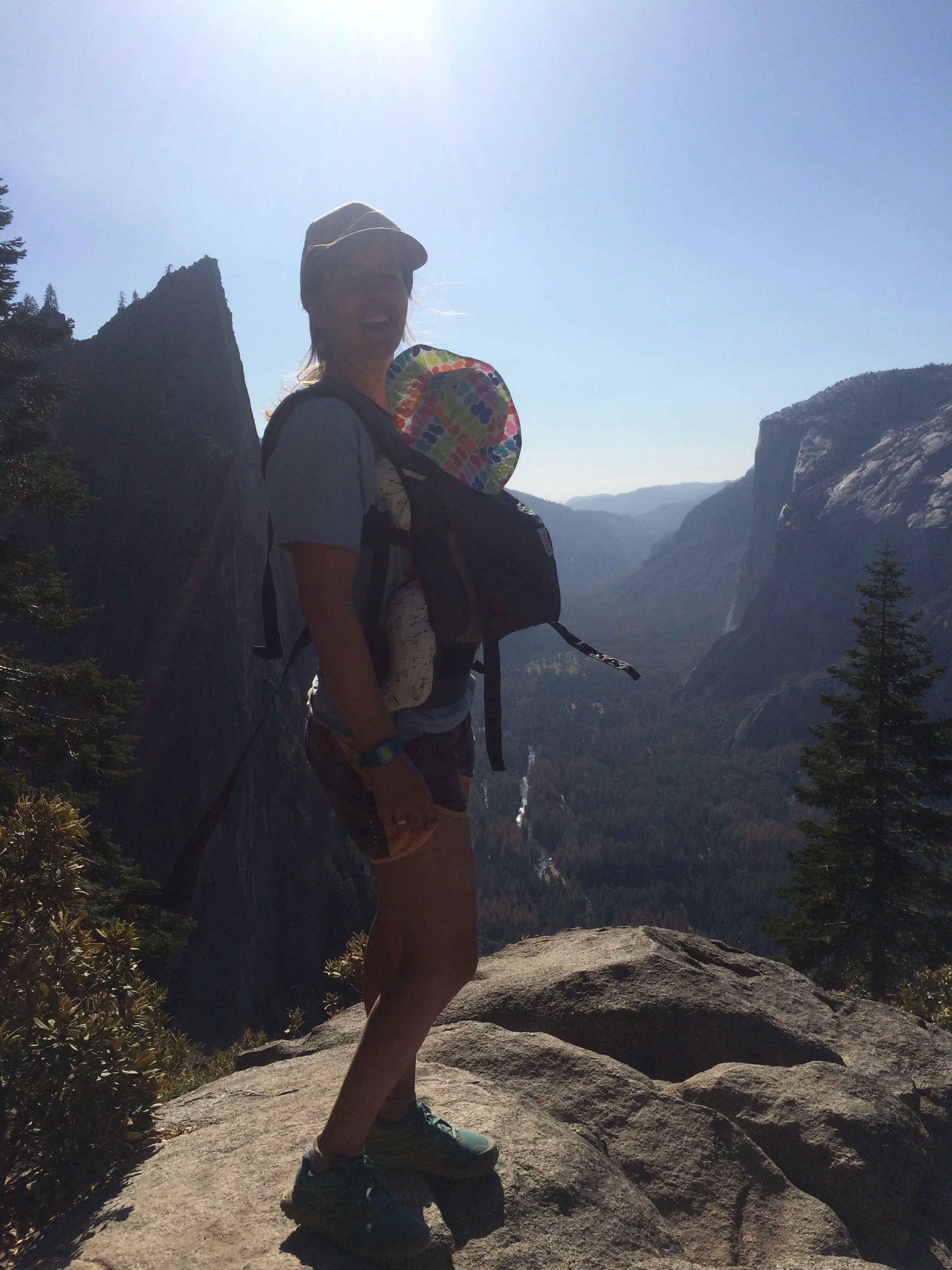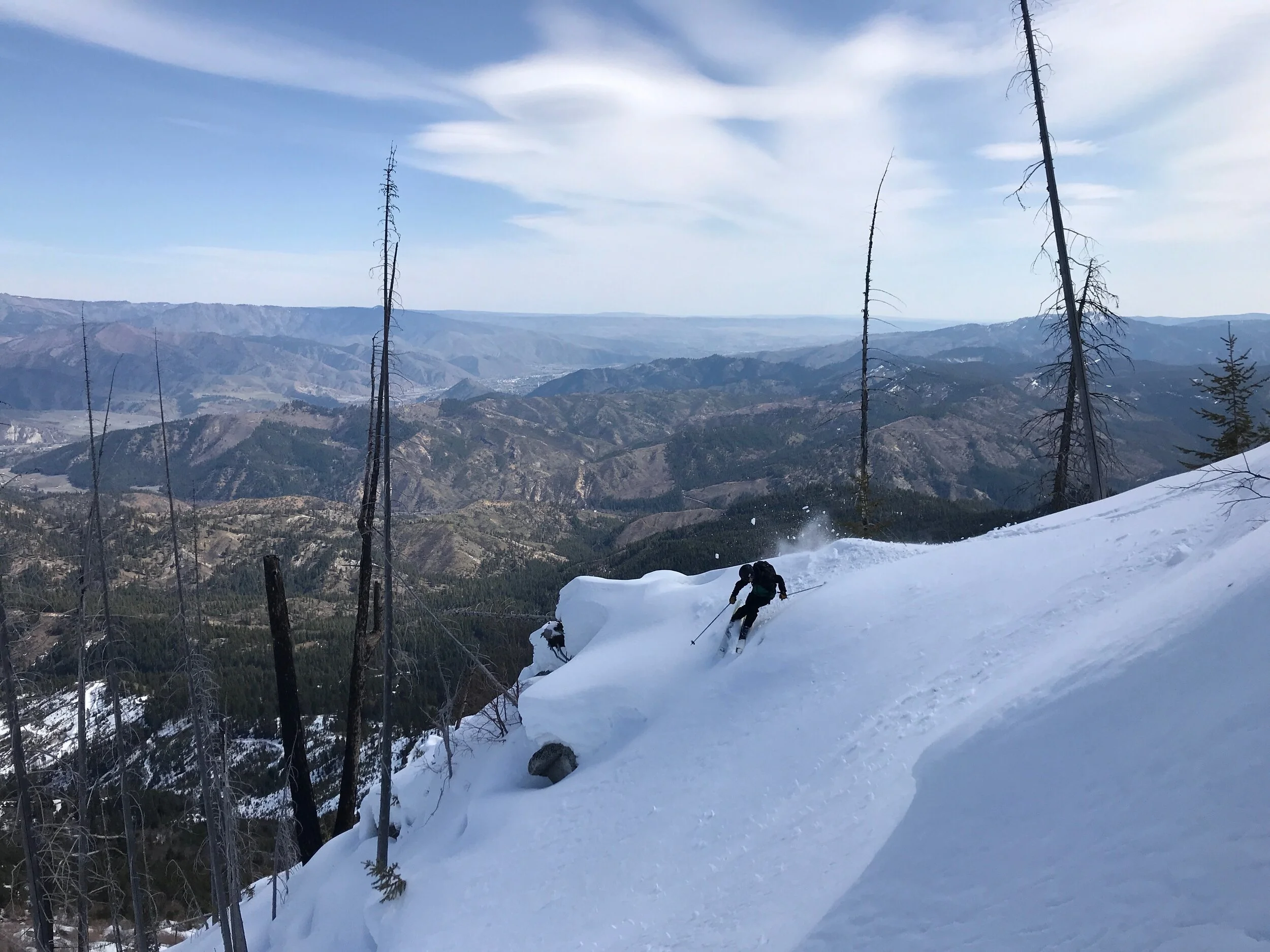What does anti-racism have to do with skiing? Everything.
I’m a professional skier, living in a small, rural, mountain town. Talk about a non-essential job and a privileged existence!
As I go about my (non-essential, privileged) business these days, I think constantly about my place in society, how I could have gotten to this point without understanding so many vital things about our society, and what I might be able to do about it. With each new realization, every page read, documentary watched, or conversation with a friend while mountain biking, running, or hiking in the mountains, I’m peeling back layers and having major awarenesses at every turn. And I kept coming back to the same question, because I’m a skier. It seemed like an essential question, and when I finally figured out the answer I was embarrassed by how obvious it had been, right in front of my face this entire time.
The question is:
What do skiing and racism have to do with each other?
And the answer is:
Everything.
On the surface, they seem to have no overlap, since skiing is such a white sport, literally and figuratively. I’m certainly not an expert on anything besides the skiing part, but I finally had the major realization that skiing is basically the outward embodiment of systemic racism. In other words, skiing and other mostly white, mostly affluent spaces like golf or surfing or mountain biking are the societal proof that racism exists.
Outdoor activities like skiing, mountain biking, climbing, surfing, and backpacking are absolute privileges and luxuries. Skiing powder—each faceshot—is akin to getting slapped in the face over and over with cold, powdery white privilege.
It’s easy to think of these activities as choices (ie, people choose to participate or not), but the reality is that these choices just aren’t available to a huge swath of the population. When many people are struggling for basics that many of us take for granted—like being able to get a loan or a job or a fair education or civil rights or a place to rent without being discriminated against for skin color—skiing isn’t exactly a viable choice.
Think of it this way: I and every white kid, growing up in most places in the West, mid-West, or Northeast, could at least envision ourselves skiing. We had one or both parents who skied, a ski bus to take, a relative who skied, friends’ parents who could take us, or at the very least when we were old enough we could get a ride with a friend. When we saw skiers depicted on tv or in the media, we saw skiers that looked like us. Sure, it was expensive, but so were a lot of things like ball games, the mall, amusement parks, four-wheeling, golf, vacations to Disneyland, or all sorts of crazy things that people did. Even the lower-income white kids could at least see themselves welcome and encouraged to ski if they could make it happen. Contrast this with the experience of the Black kids I knew in school, and I don’t imagine that skiing was a place they felt necessarily welcome or encouraged. Not to mention all the other barriers to entry that come along with skiing, like knowing where and how and when to go, being able to get there on snowy roads, knowing the necessary equipment, and then how to actually try to ski. Most white kids had someone to take them for the first time and show them the basic ropes.
(Major caveats here: I know I am making massive generalizations and I realize this is pretty ham-handed, but I don’t think I’m way off base. Please tell me if I am. Also, skiing used to be a lot less expensive—now it’s universally prohibitively expensive for most people, regardless of race, which is the exact opposite of the type of equality we are aiming for. I won’t use this as a place to go off about the cost of a day ticket these days, and skiing in general, but wow, it’s enough to make me embarrassed to be a skier because of how much it costs. I digress.)
One could counter my generalization with, “Who am I to push my choices and values on others? Just because I like to ski doesn’t mean everyone should.” But I think it’s the wrong point here, because the real answer to the question of “Do Black people and people of color like to ski?” is: I don’t know. But we need to at least ask, enable, and allow people to answer for themselves.
In other words, I feel strongly that everyone should at least feel like they have the opportunity, and it seems that right now they don’t. I (and all my naïveté and privilege) want to do my best to help encourage all people to feel welcome, enabled, and empowered to give skiing a try. Maybe people will love it, maybe they will hate it, but that’s beside the point. The point is that when equal options are attainable for all people, true freedom is attained. In a dream future world, skiing could work to dismantle the systems of oppression that currently exist, and help all people to feel and be as free as they are meant to be, by getting everyone outside breathing fresh air and feeling healthy and joyful and empowered in the mountains. And ensuring very basic privileges of being able to recreate in all possible ways. .
Okay, dream on, crazy skier woman. But let’s say for argument’s sake that we might be able to make a tiny dent towards equality in this white space of society called skiing. What do we do now? Where do we start? I don’t think that anyone has the full answer (except maybe Michelle Obama because at this point I think we can all agree that she is basically Perfect), but my guess is that we start exactly where we are.
I think it begins with having the conversations with family and friends within our mountain towns and ski communities, schools and cities. I’m grateful that I have great friends who are on this same path as myself, at various points and with various perspectives, and we can meet for book groups, go for mountain bike rides and runs and hikes and discuss all of the difficult uncomfortable topics, outside in the fresh air. They will call me out on my BS and I am very thankful for that. I highly recommend getting outside and having the hard discussions while moving around in the mountains.
A lot of the hard talk about privilege surrounds the fact that people think that being privileged means that life isn’t hard and therefore they themselves can’t be privileged because their lives are challenging in many aspects. Having privilege doesn’t mean that the rat race of life is supposed to be easy. It just means the starting line for the same race is located in a different place and the obstacles in the race will be fewer.
And yes, talking online is good although I’m alternately encouraged by social media as a platform for change and for raising up voices that might not otherwise be heard, and equally discouraged by the negativity, judgmental comments, lack of productive discourse, and the “virtue signaling” component that is built in to social media. Sometimes I feel that social media values “talking about the change” over actually “being the change,” but I do see a lot of good that can come from it (even from the “talking about the change” part) so I am working on figuring out how to engage there in a positive and meaningful manner.
The next step, beyond the talking and discourse, is reading and studying and educating and re-educating ourselves. I’m not sure about you, but I had a wonderful passionate high school history teacher. He was challenging and didn’t take crap from anyone and held us to the highest standards. I learned a lot about how to learn and study from him, and I’m grateful for that. However, he focused heavily on the last one hundred years of world history and that’s what I remember—World War I and II and the US relations with mainly European countries. We learned what my friend recently dubbed the “Gone With the Wind version” of slavery in the US. I want to learn the true story of American history myself, the ugly and all, not only because I want to know but also so I can be an advocate for the full story to be taught in schools for my kids and all kids to learn as well.
And then of course the big way to take meaningful action is to show up and get involved in the machine. VOTE. Help others vote! Marching and protesting shows support and solidarity; it’s also a way to galvanize one’s own motivation, and get outside reassurance from others who are on a similar path. Taking part in a group with a unified purpose gathered in one place is a powerful experience.
Oh and did I mention voting? Helping get people registered to vote, writing and calling local and state and federal representatives can be an amazingly powerful and overlooked tool, and I welcome resources that especially encourage more and young people to vote. Also, climate change and race are deeply intertwined. See, again: vote and please help others vote too—get involved with POW.
Specific to the outdoors, there are many amazing organizations that I know of who are currently working to get people of all colors and backgrounds into the mountains and outside, should the desire for advocacy and involvement extend to being able to donate time and/or money to some great work being done. Because, yes, systemic change needs to happen society-wide, but helping everyone (especially kids) get outside in positive ways seems like a win no matter what. Here are a few, and please hit me up if you know of others:
And there are many important resources out there, including this article by Sara Boilen, with which to continue to educate and empower ourselves and our communities in helping to affect this necessary and long overdue change. I’m hopeful that we can make a difference, and I’m open to any and all discussions. Skiing and mountains and the outdoors are such an important way of connecting and bringing people together, and I want it to be a space that is open in that way—for joy and change and health and recreation and community and common ground—to all people. Thank you!





